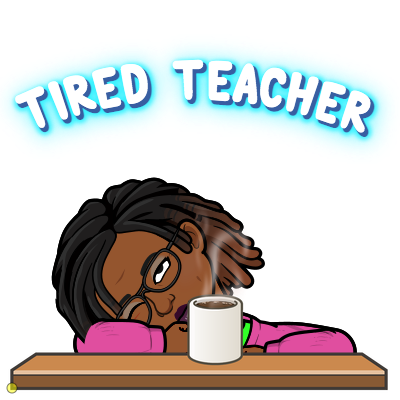I just finished reading the Prestridge article on how educators use social media as their own professional development communities. Yes, this is me!! I spend hours scrolling through various social media sights when I am developing lessons. My timelines are filled with classroom decoration ideas, lesson plan ideas, book recommendations, and crowdsourcing questions about classroom management (I think there might be some family in there too). I think for teachers that are digitally adept, this is fantastic. I cannot tell you how many times I have "found" an activity on the internet and used it in class. As an added bonus I get to see how the activity worked in other teachers' classrooms. I have an army of like minded people, who are refining and remixing the activity. This type of professional development is much more meaningful than the traditional sit and get/ one size fits all way of doing things.
So that begs the question, why do we still do things the old way? Well there are a few reasons I can think of off the top of my head. One, there are a lot of educators that are not comfortable with using technology in the classroom. More than you would think actually. I created a sample project for my knowledge sharing assignment, and I sent the link to a fellow teacher of mine (I thought she would find the project interesting). She sent me back a text saying that she had never been on Instagram and didn't know how to open the link. The number of educators who have minimal or no social media interaction is higher than you might think.
The second reason, in my opinion, that we stick to traditional methods of professional development has to do with control. Educational policy makers need to feel as if they are in control of what teachers are learning and doing. Just like teachers have issues ceding control to students, policymakers have issues ceding control to educators.
The third reason that traditional methods of professional development are still being used is purely financial. The amount of money that some districts pay to have someone talk at a teacher for an 8 hour training day is ridiculous. The number of times that someone reads a common sense solution to me from a powerpoint slide is maddening.
Am I saying that there should never be face to face professional development. Of course not, I have been to some fantastic conferences that taught me so much. What I am saying is we could all live with less dry traditional professional development trainings(hello beginning of the year).


Comments
Post a Comment